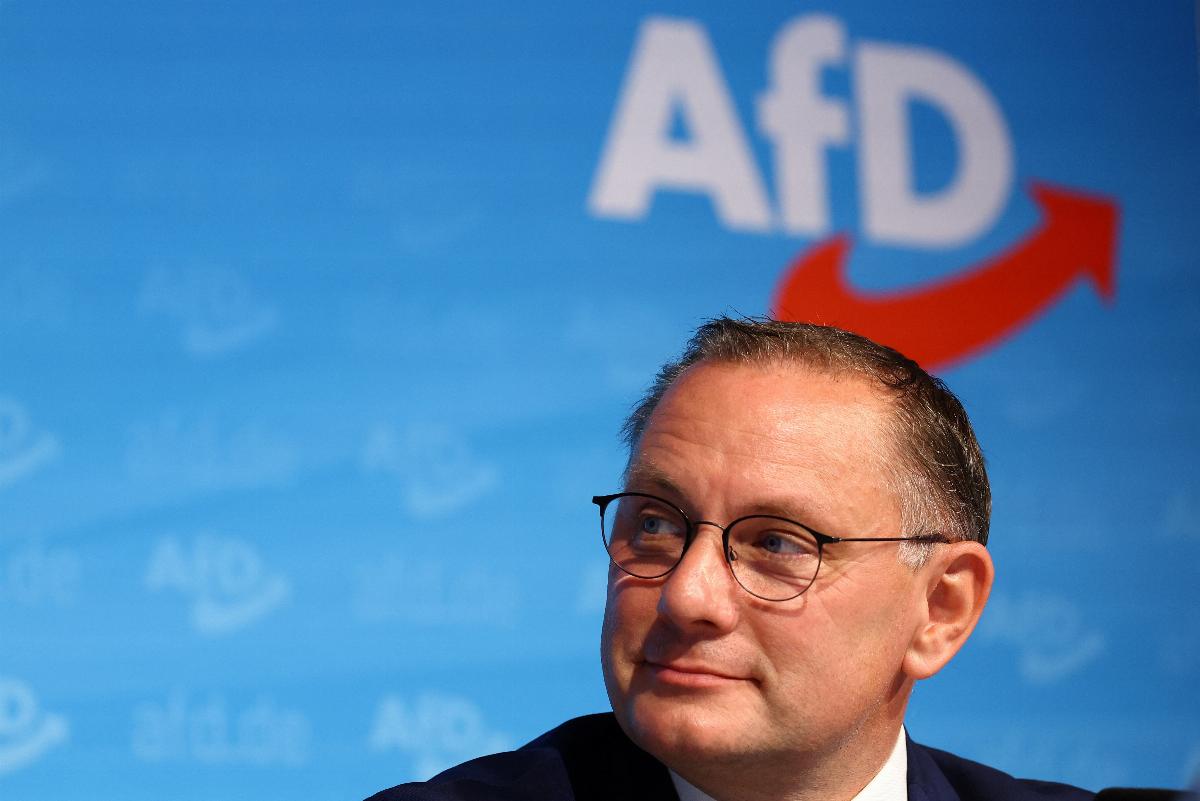
AfD celebrates second-place finish in Brandenburg elections
Following the recent state elections in Brandenburg, the far-right Alternative for Germany (AfD) party has announced its satisfaction with securing second place. AfD leaders, including co-federal spokesperson Alice Weidel, emphasized the party's growing influence, asserting, "We are already a people's party." She noted that voters have provided the AfD with a mandate to govern in three federal states, referencing prior successes in Thuringia and Saxony.
Co-leader Tino Chrupalla criticized other political parties, labeling them as "cartel parties" that are intentionally obstructing the AfD's governance potential. He pointed out that these parties have refused to form coalitions with the AfD.
In terms of voter demographics, a survey by infratest dimap indicated that the center-left Social Democratic Party (SPD) performed best among voters aged 60 and older, while the AfD garnered significant support from younger voters. Weidel interpreted this demographic shift as evidence that the AfD represents "the party of the future" in Germany.
Quellen







